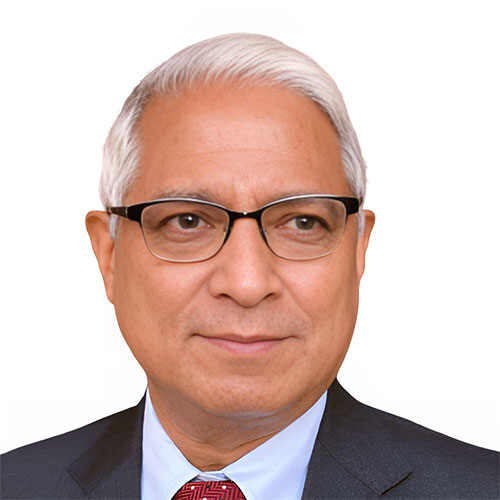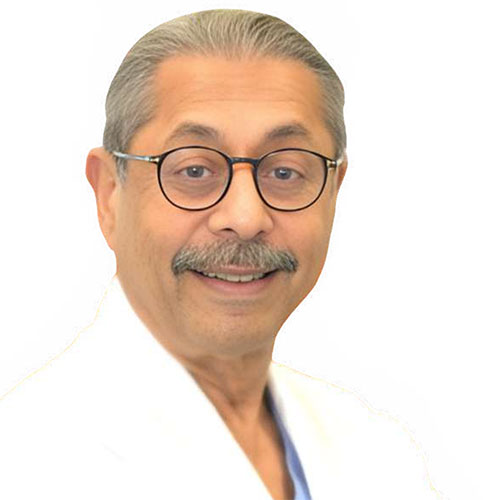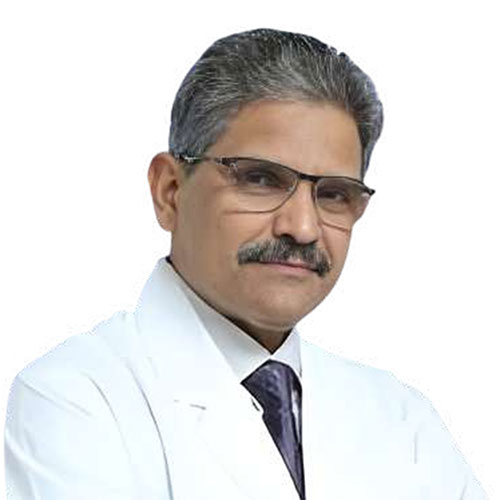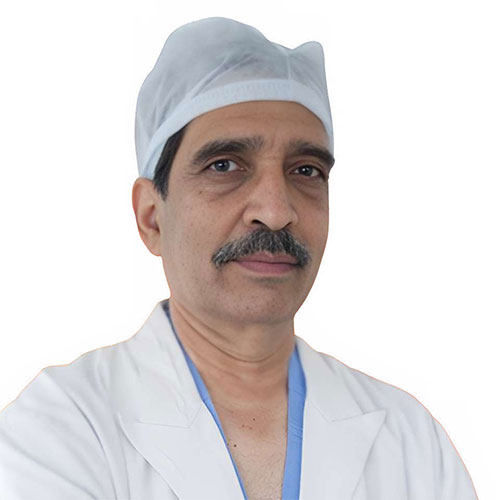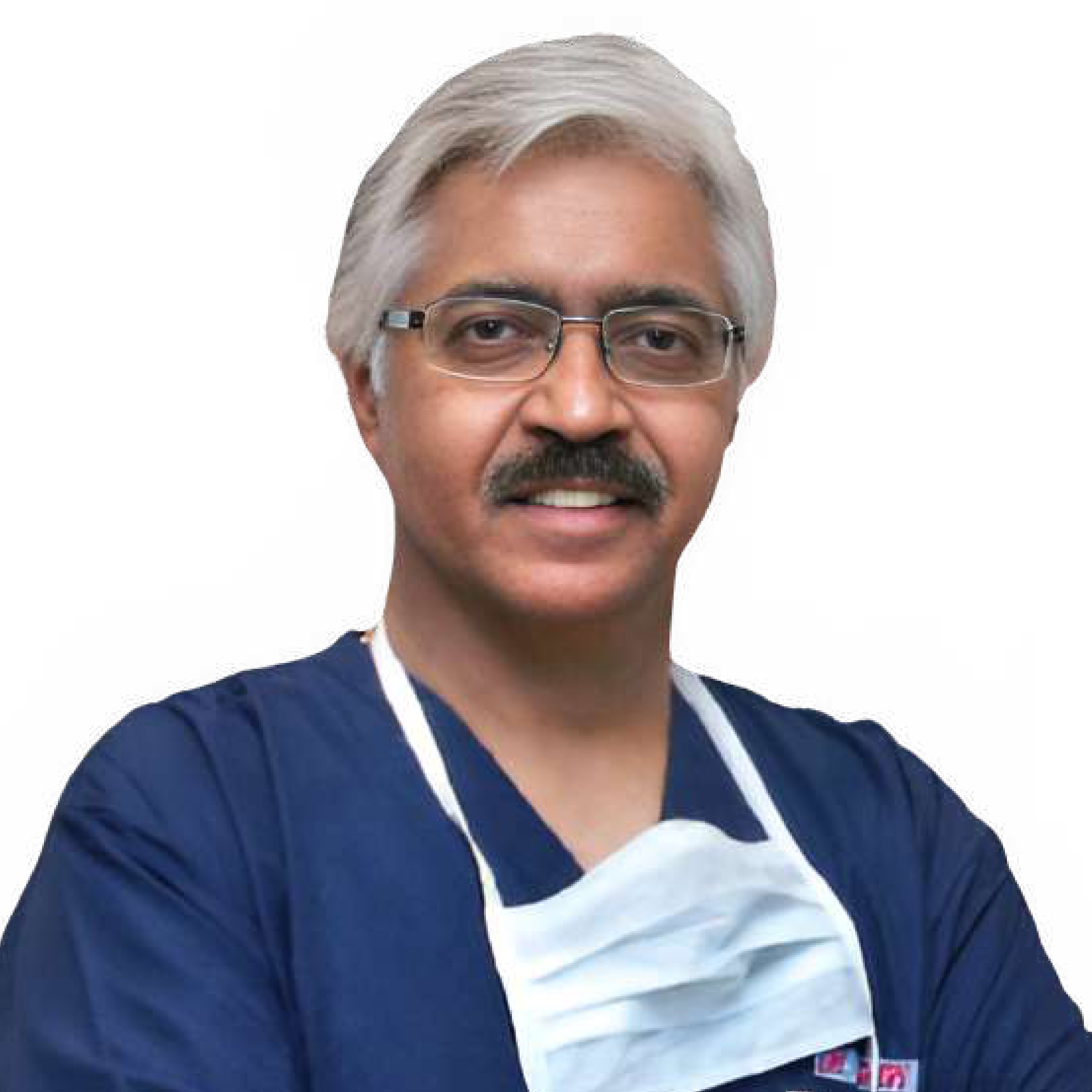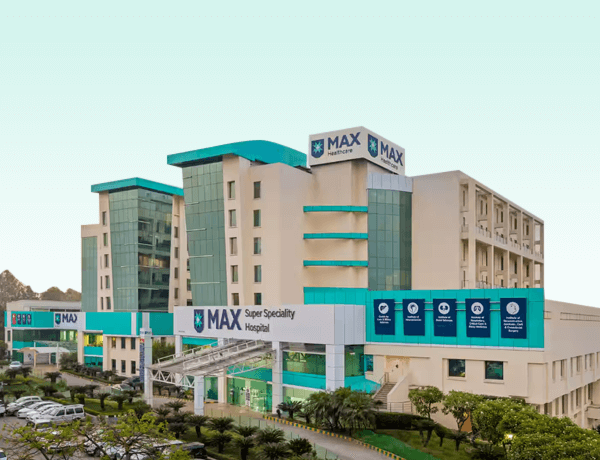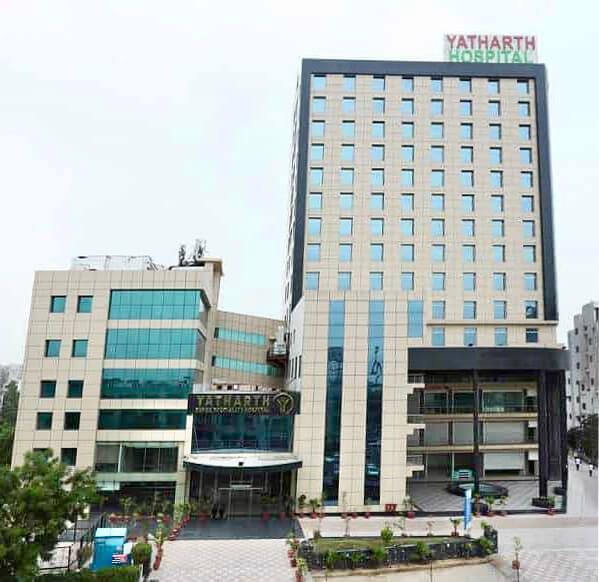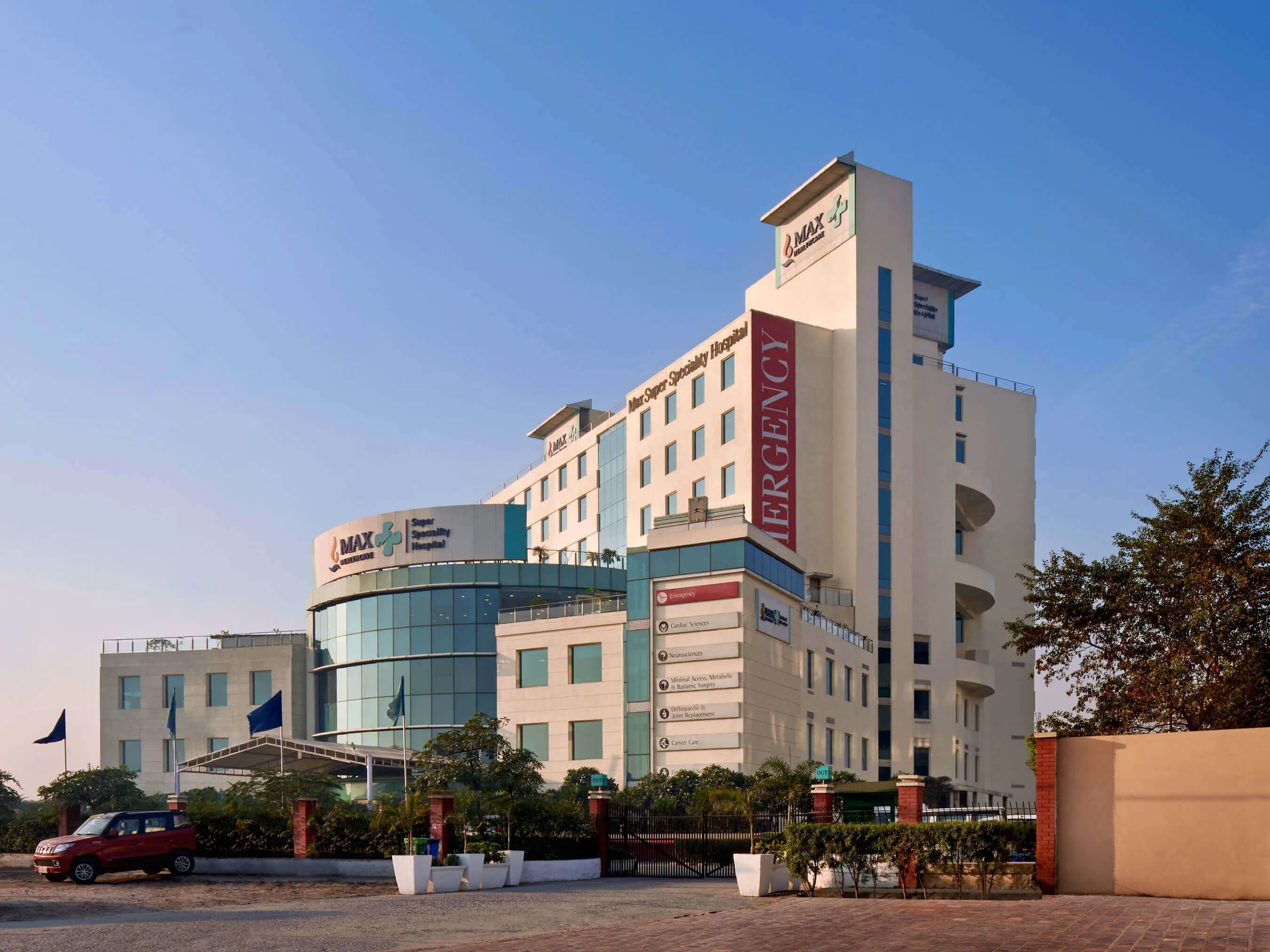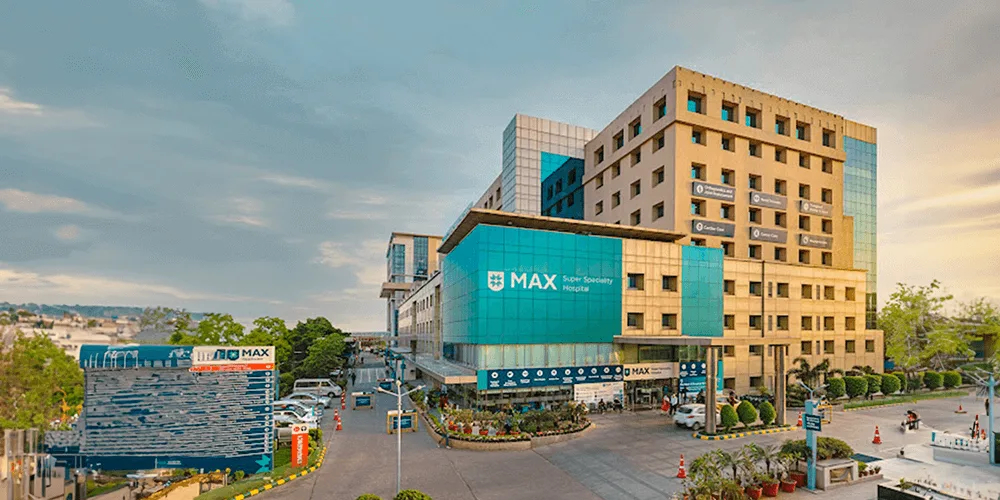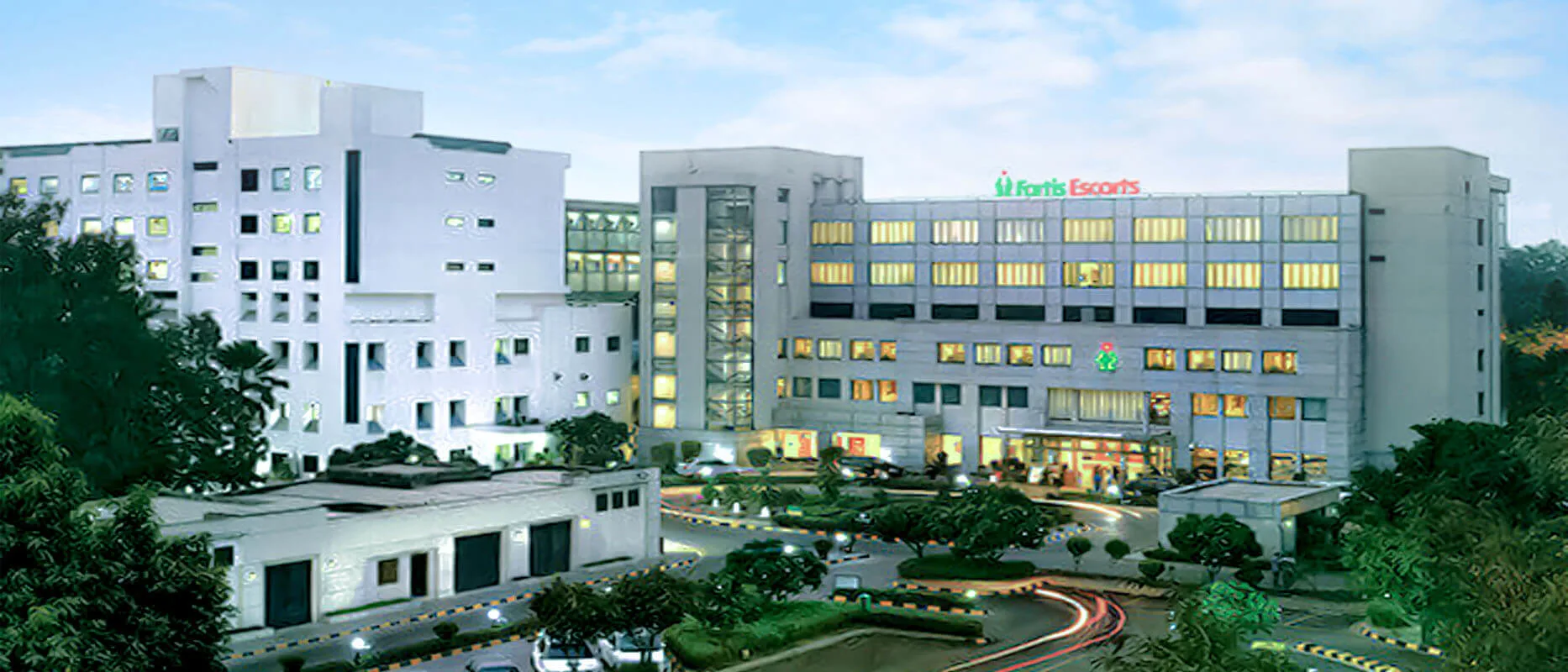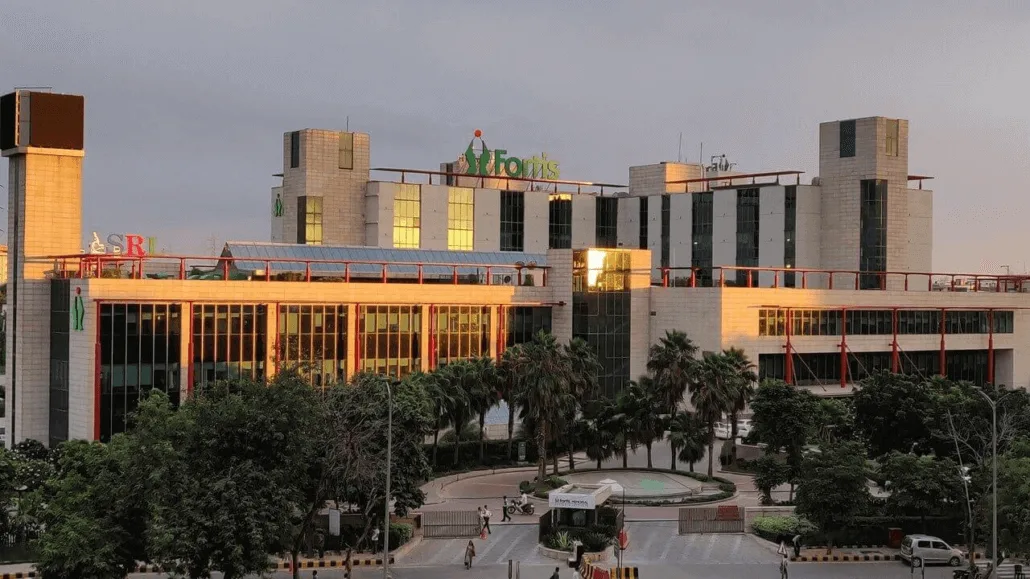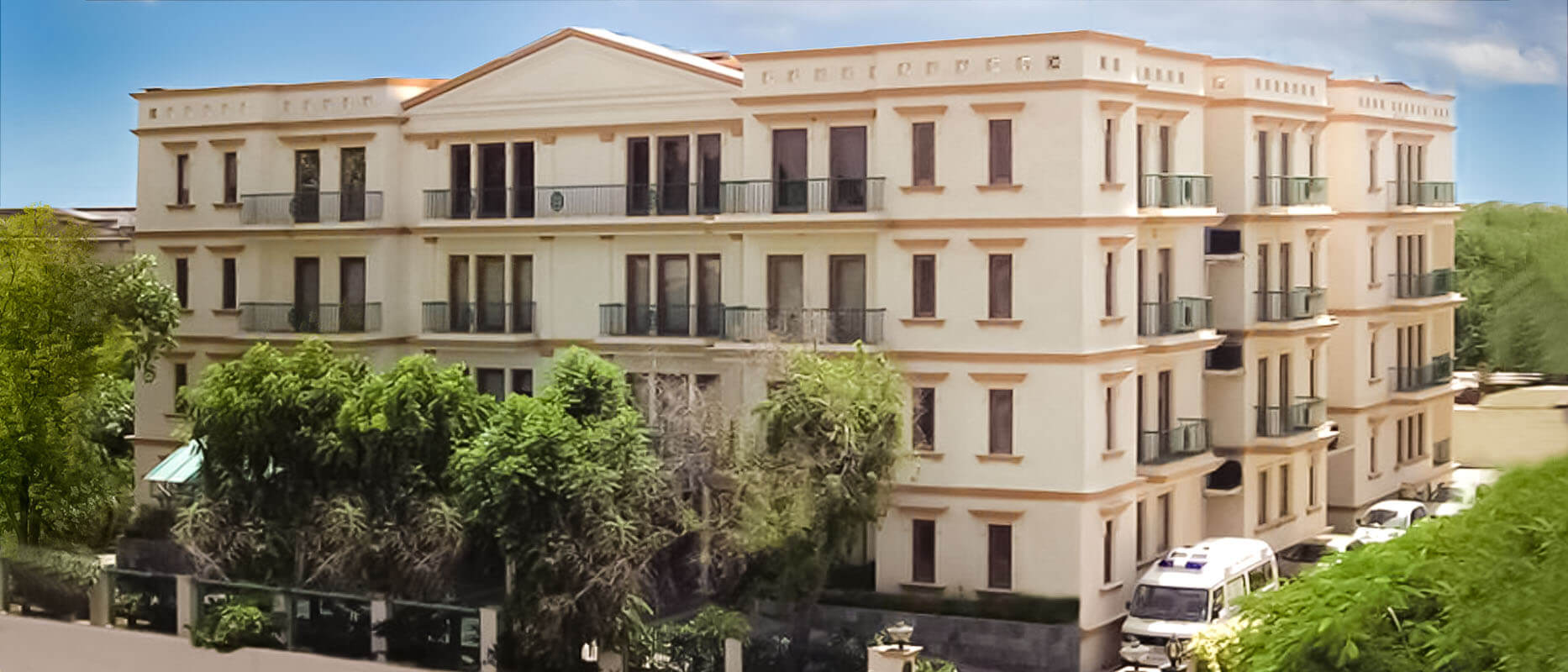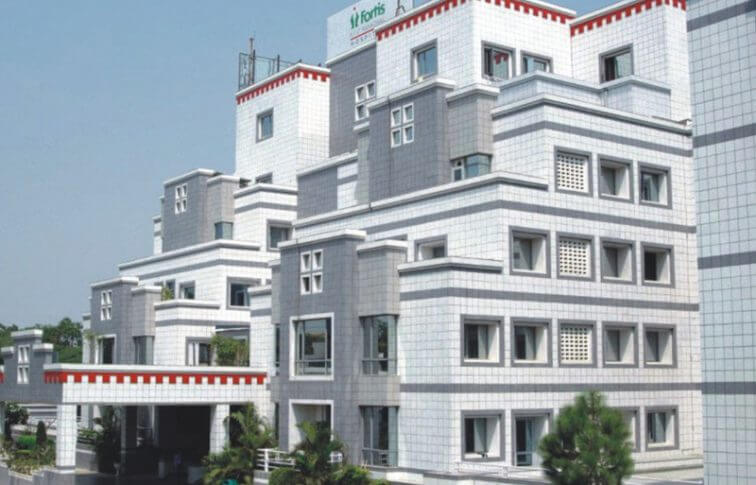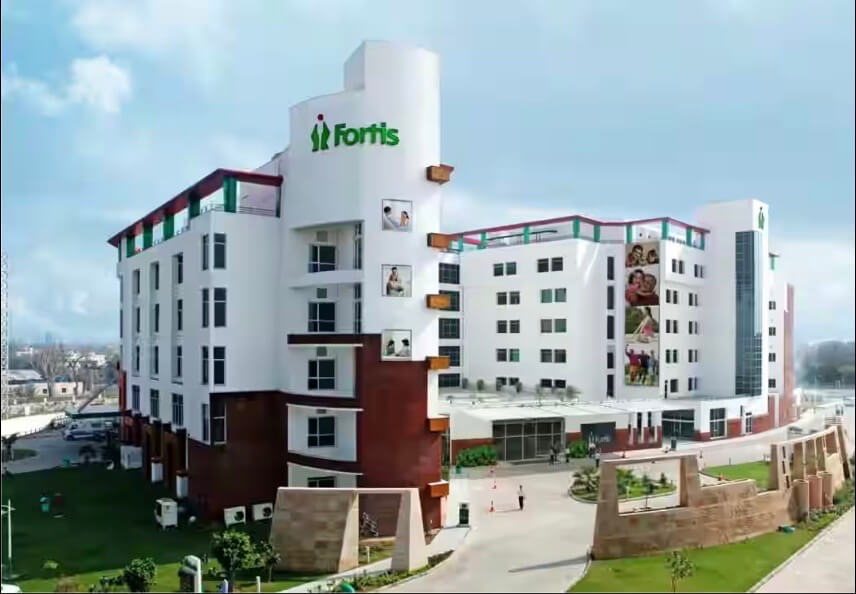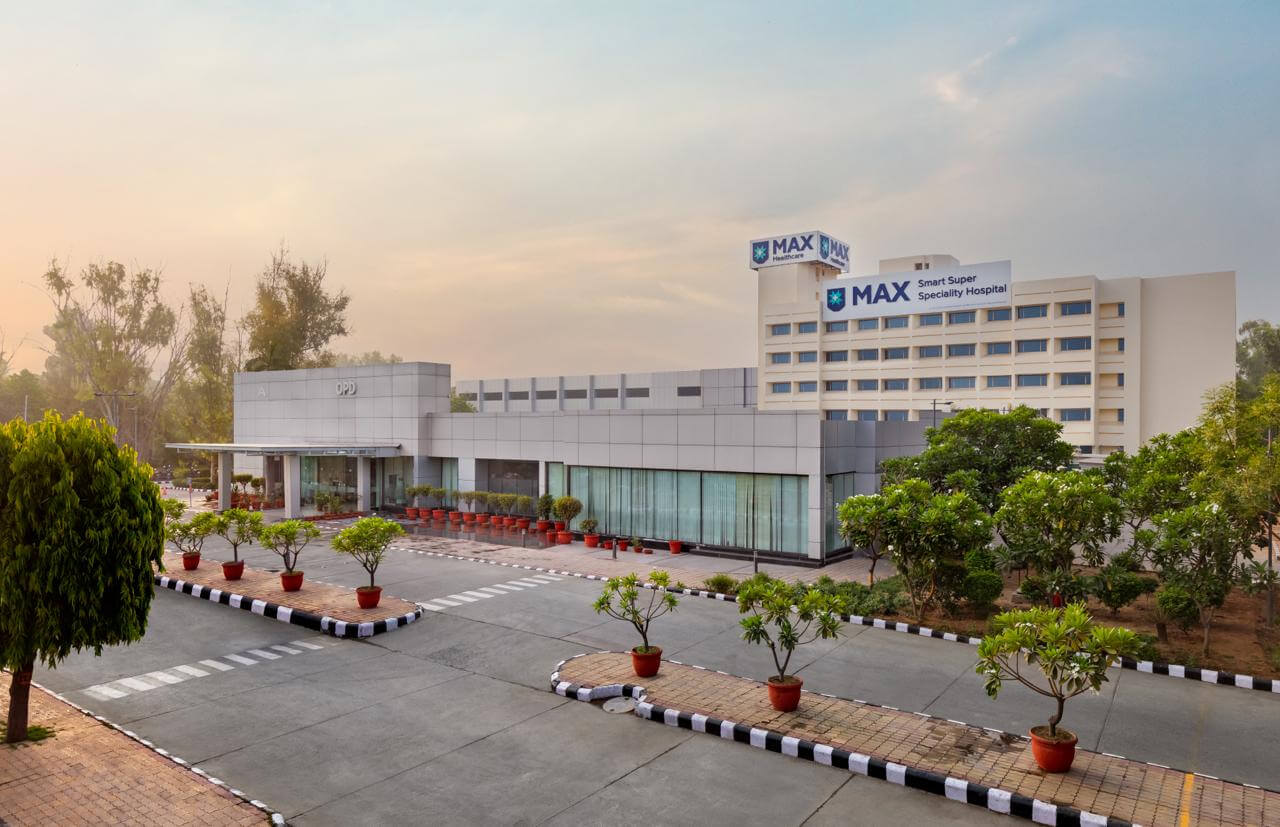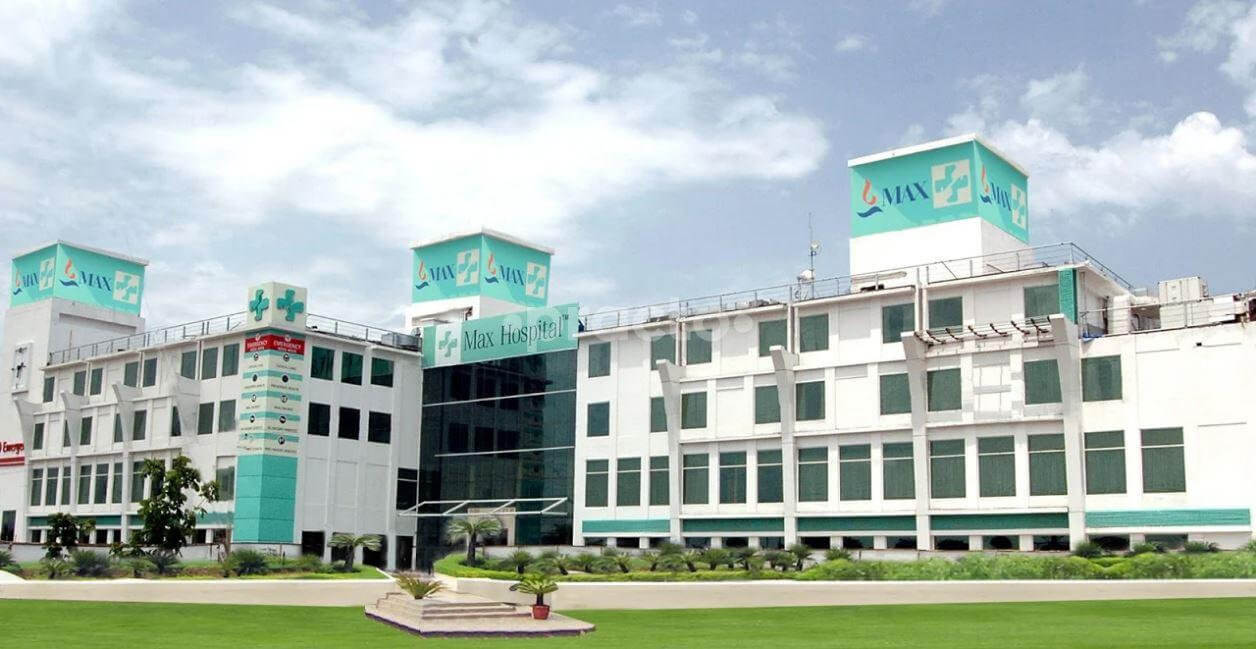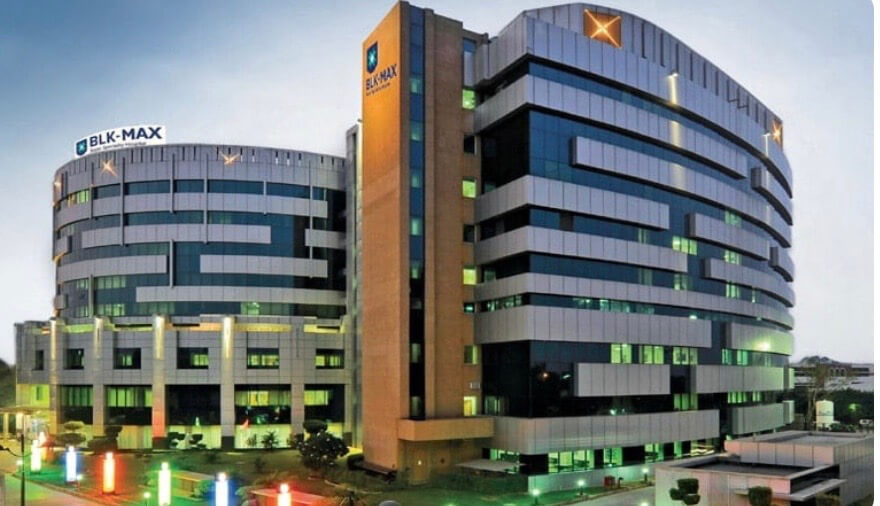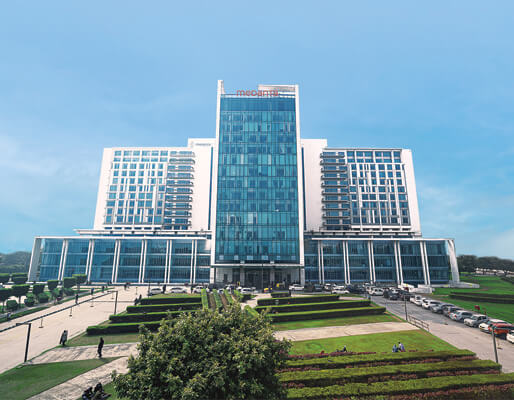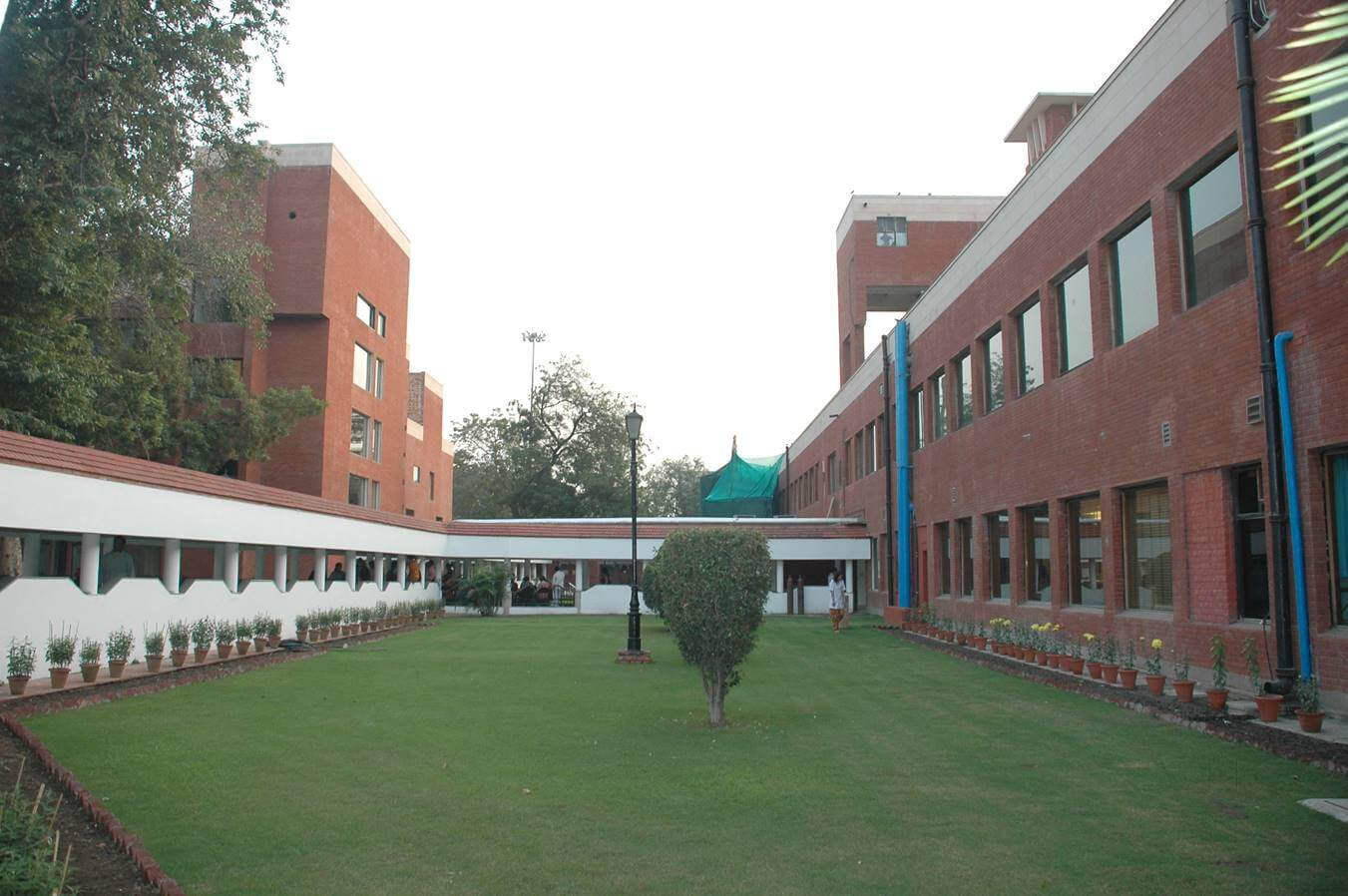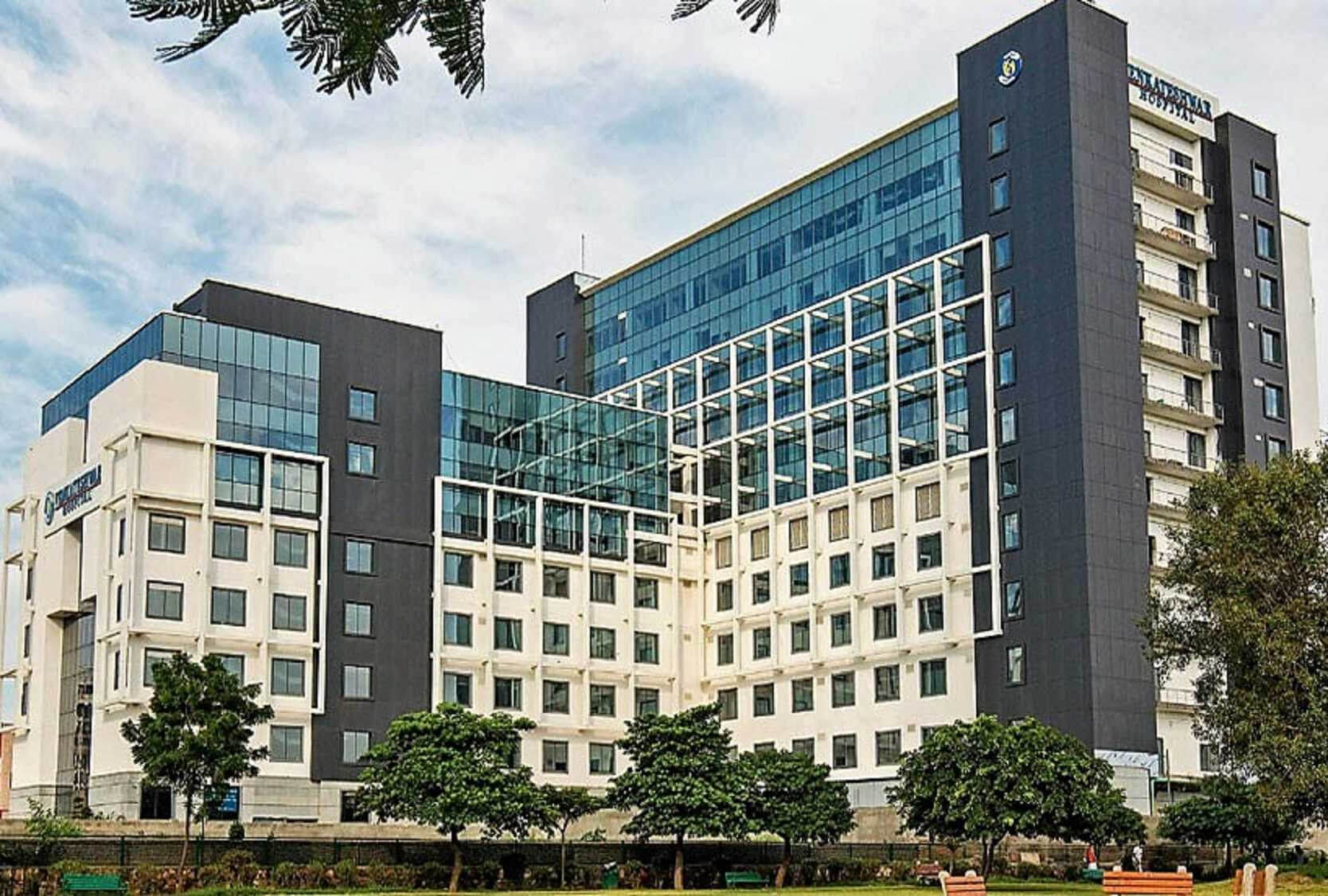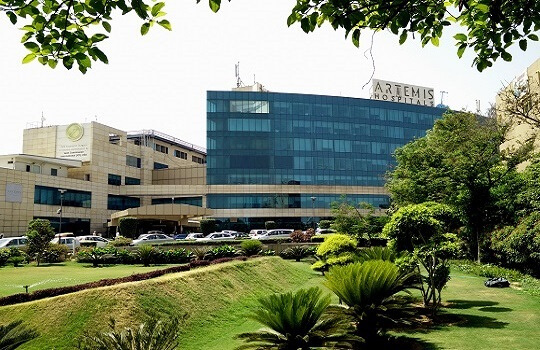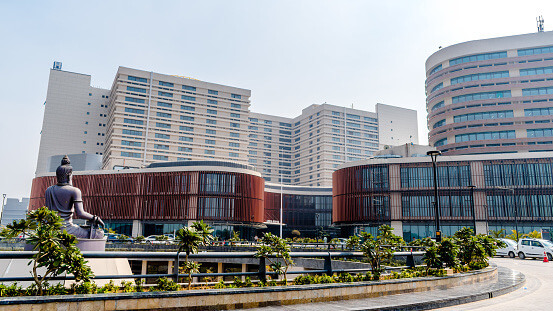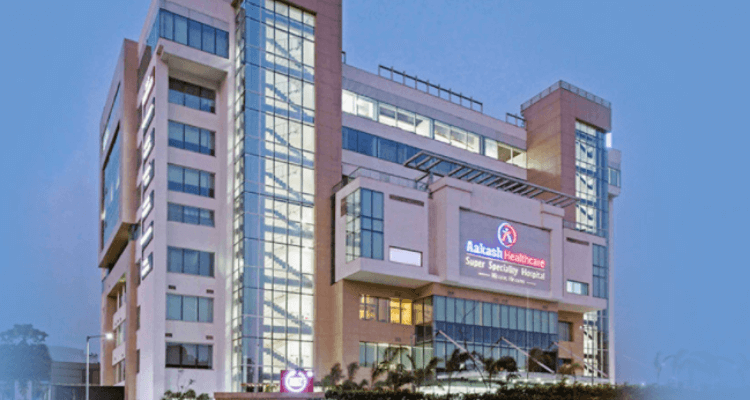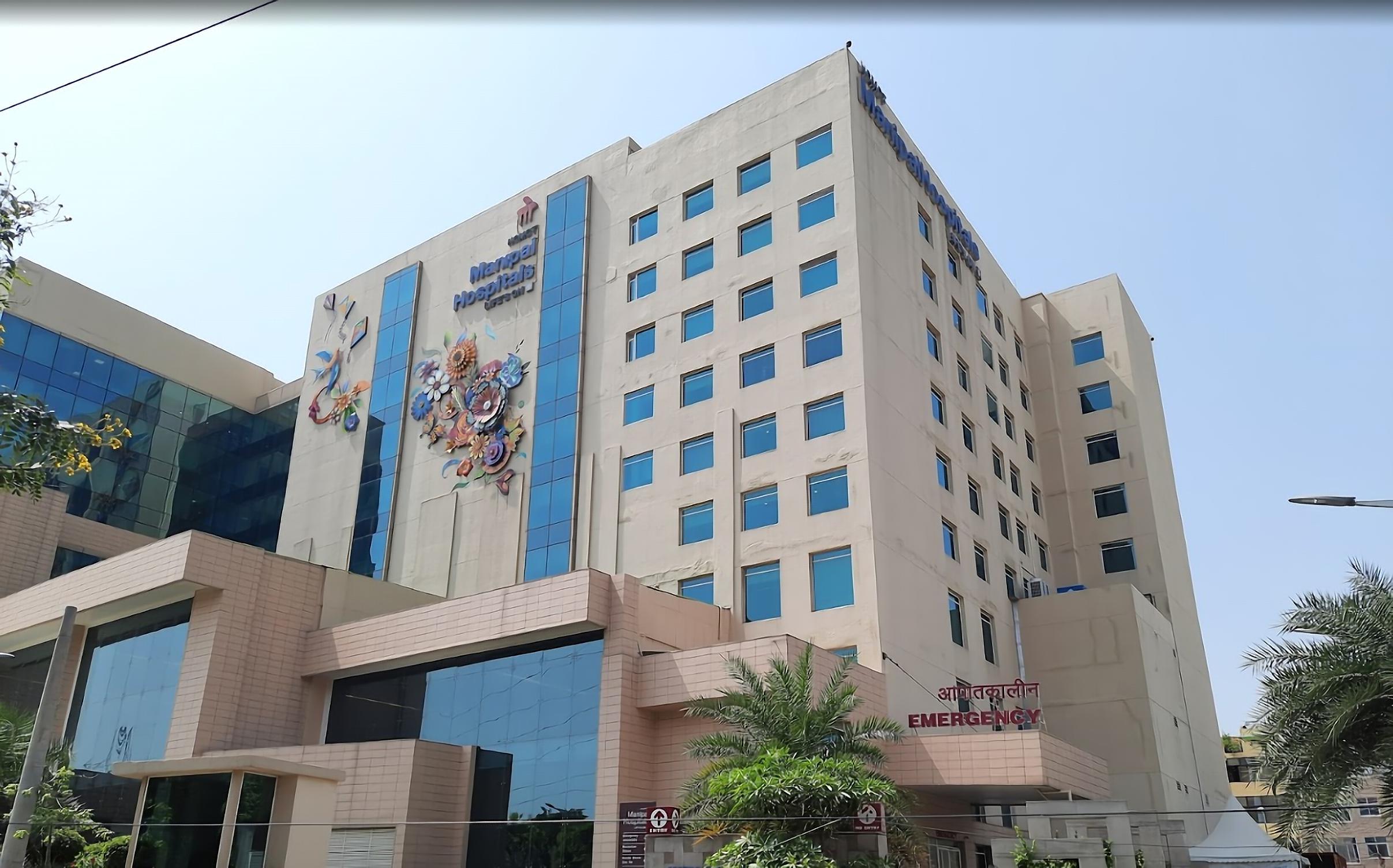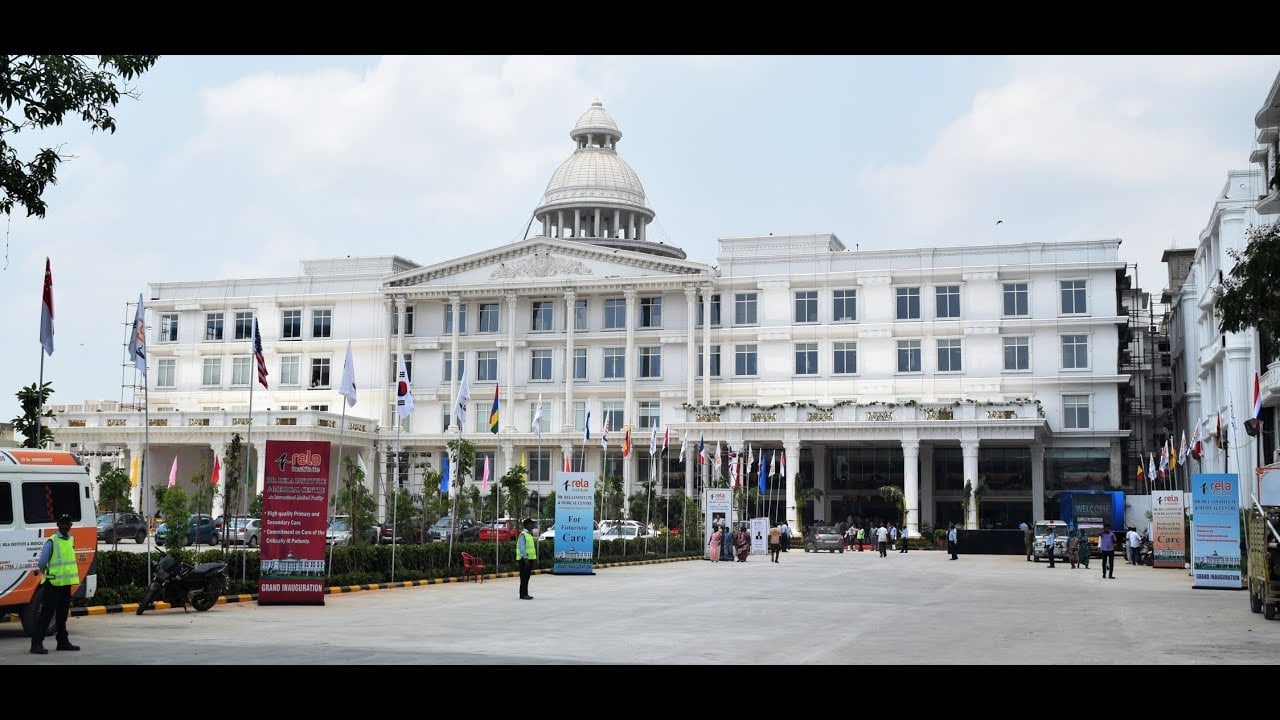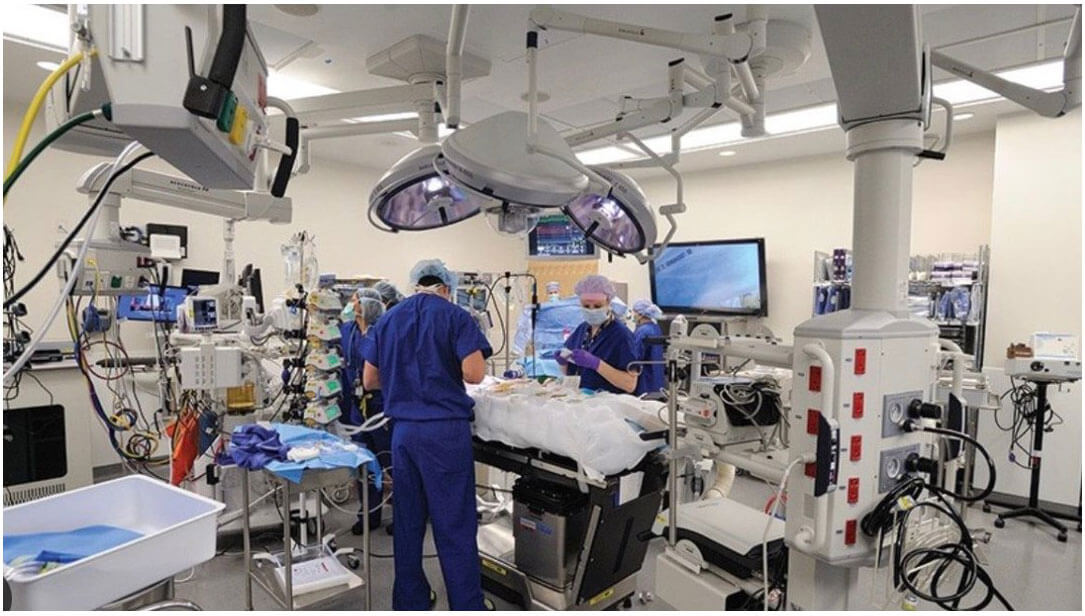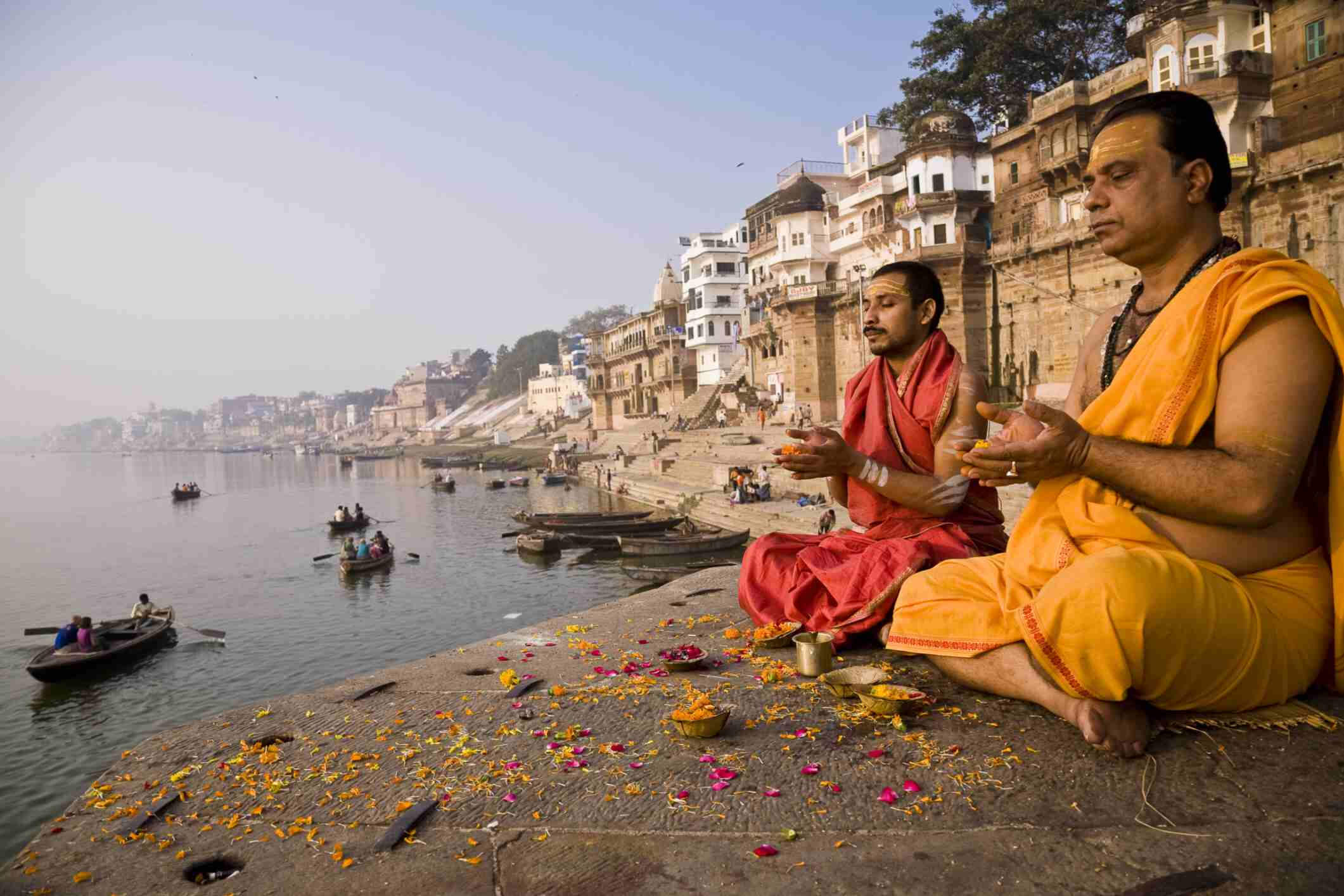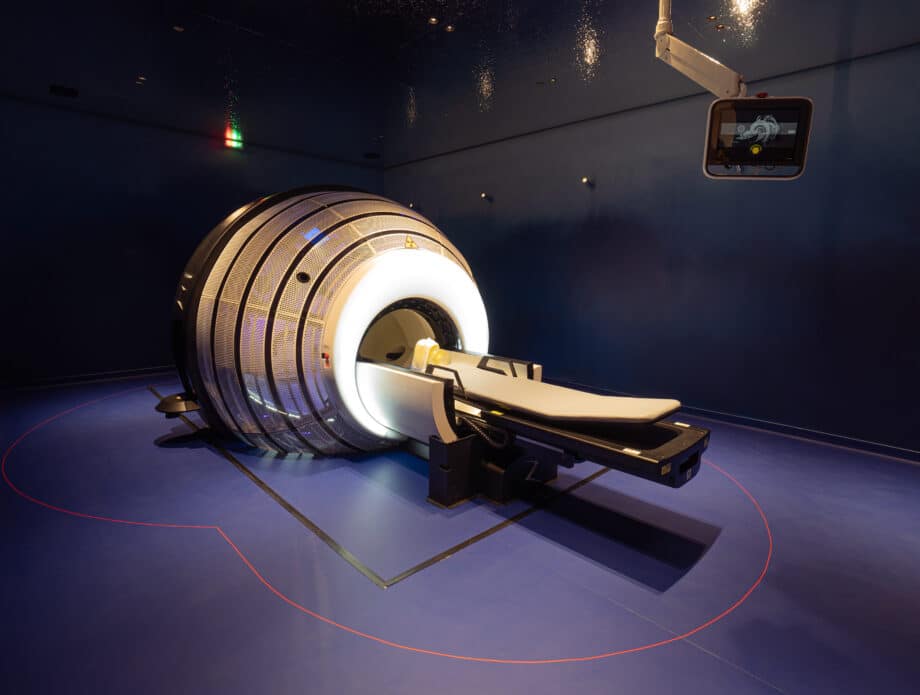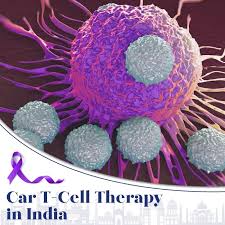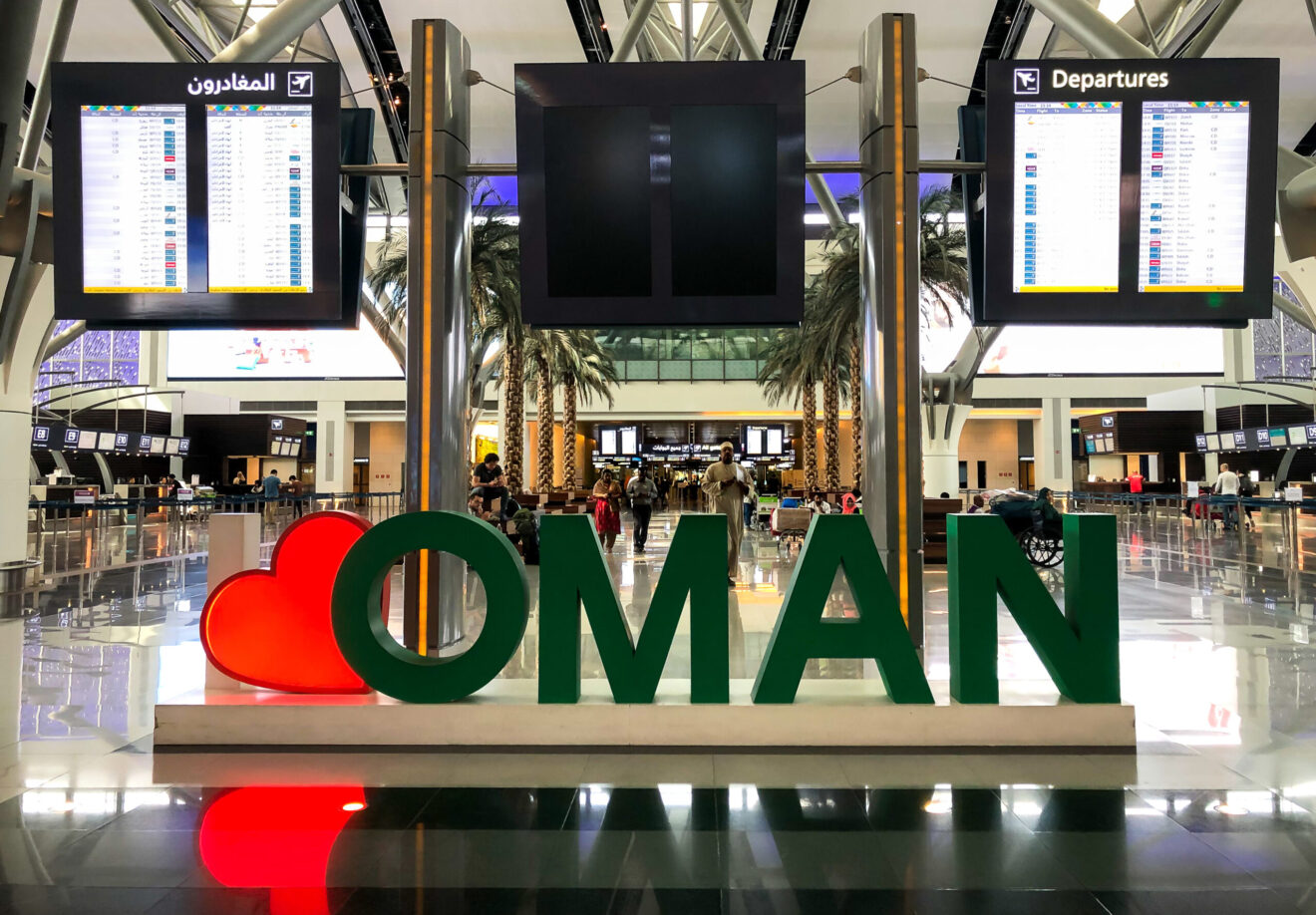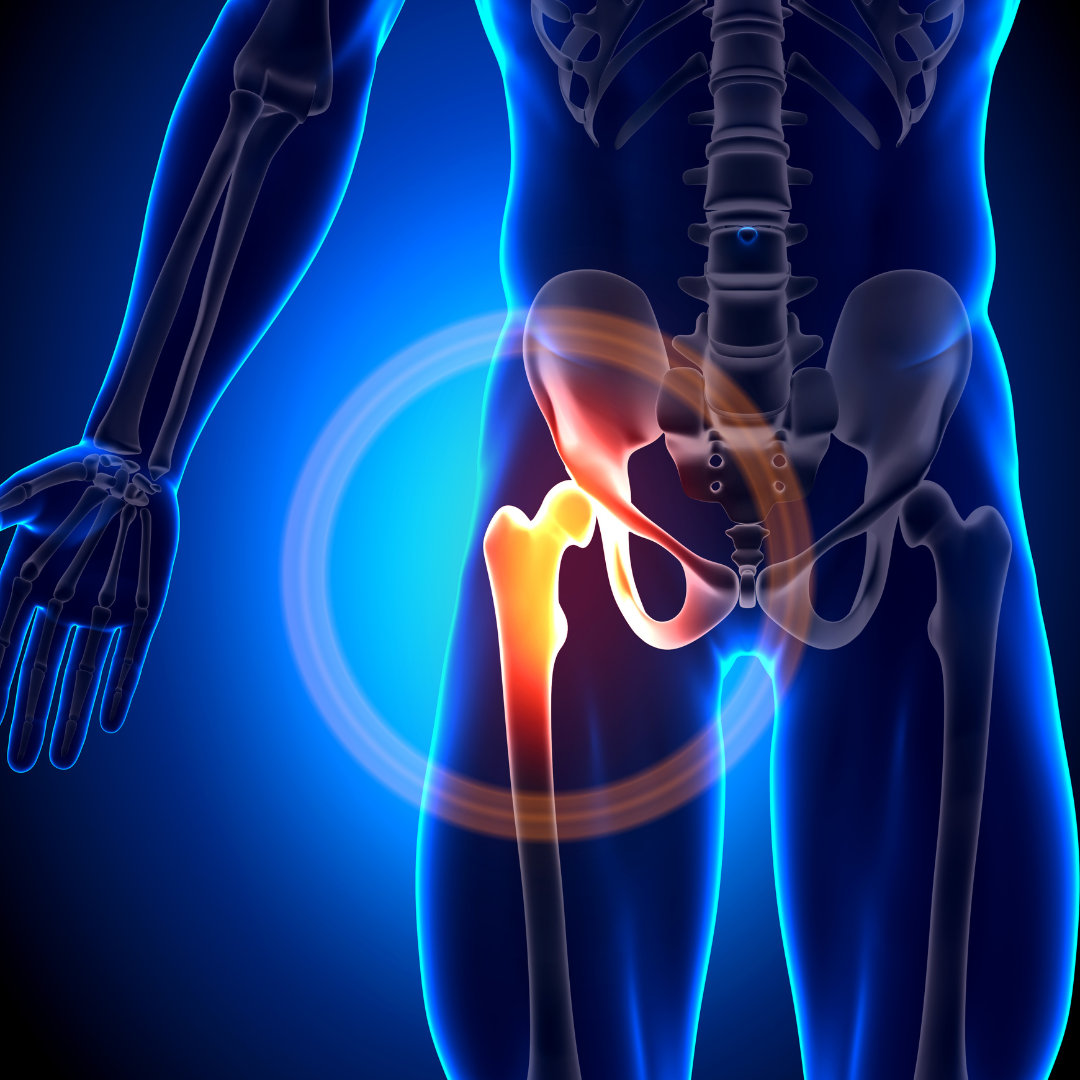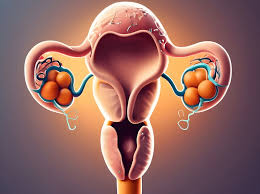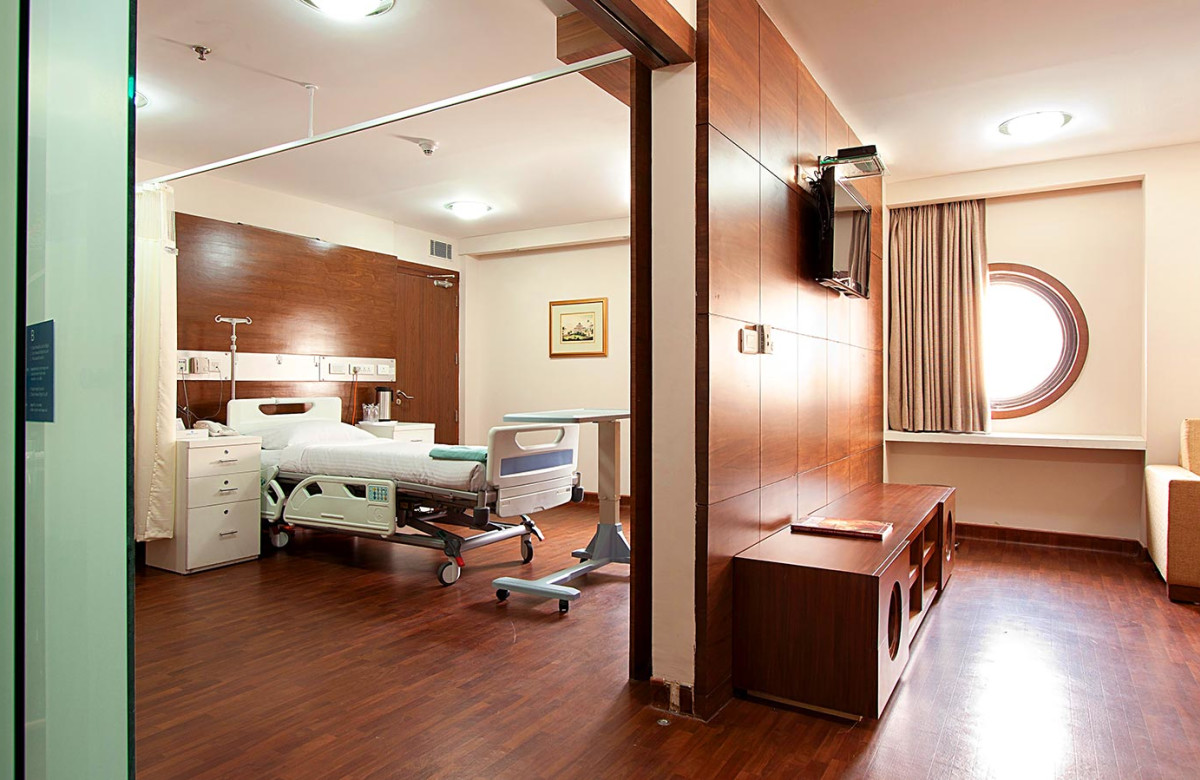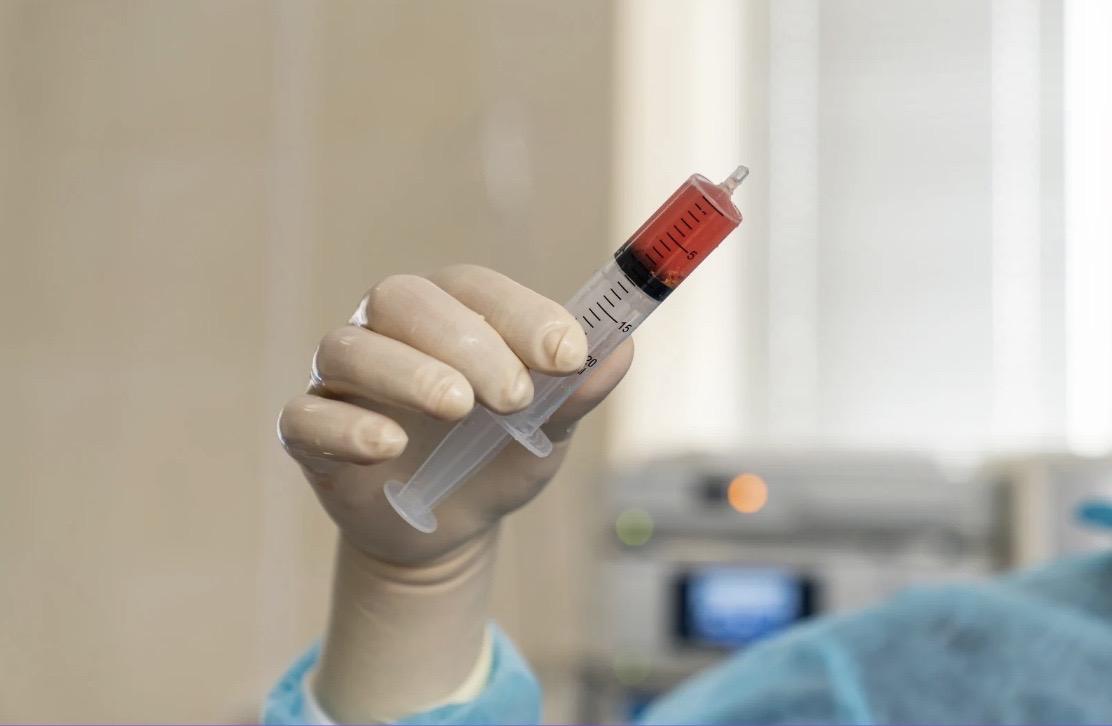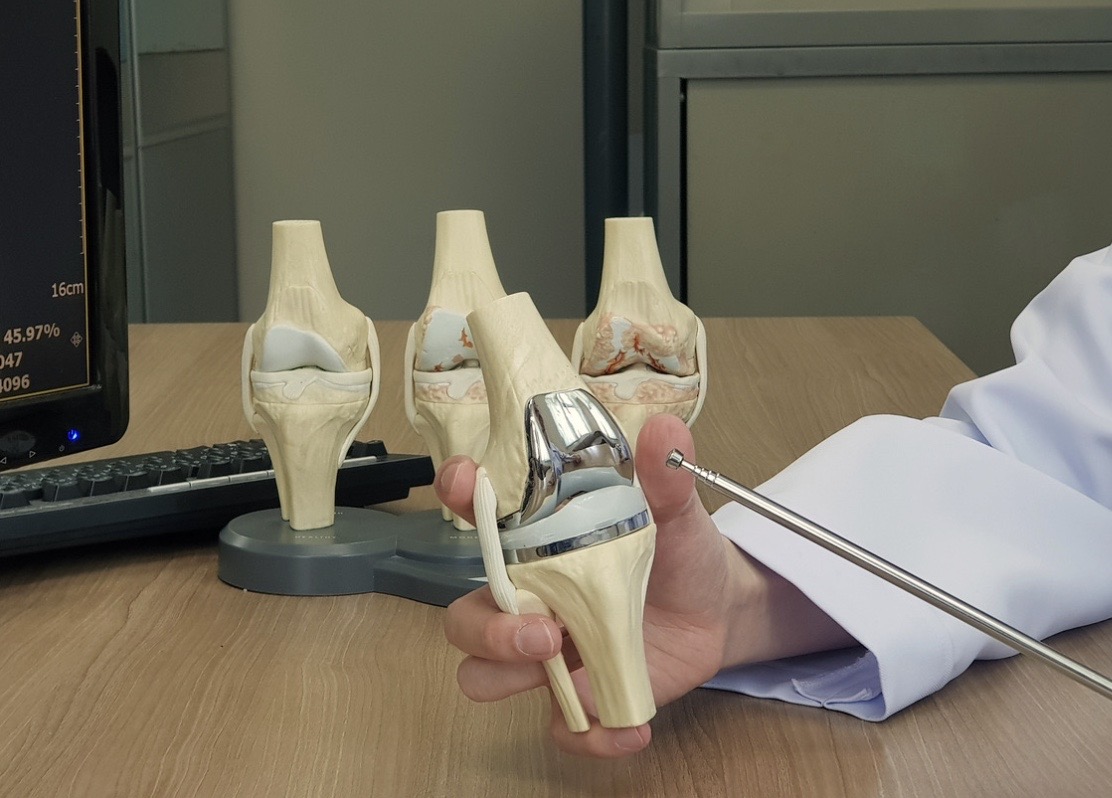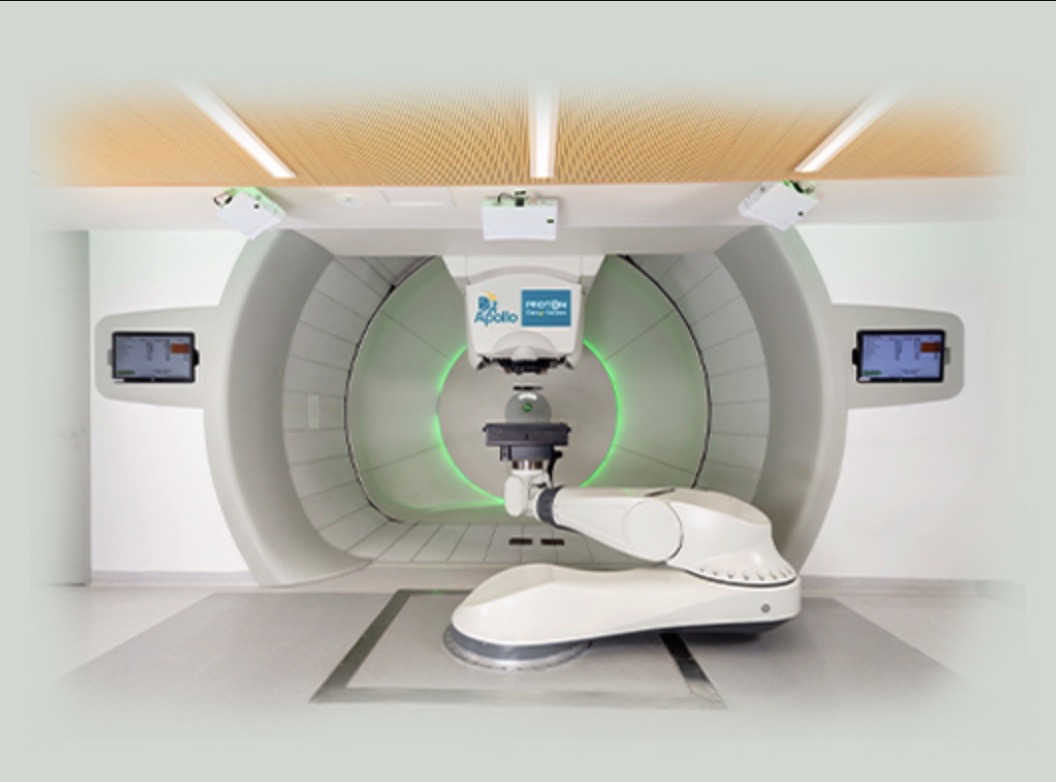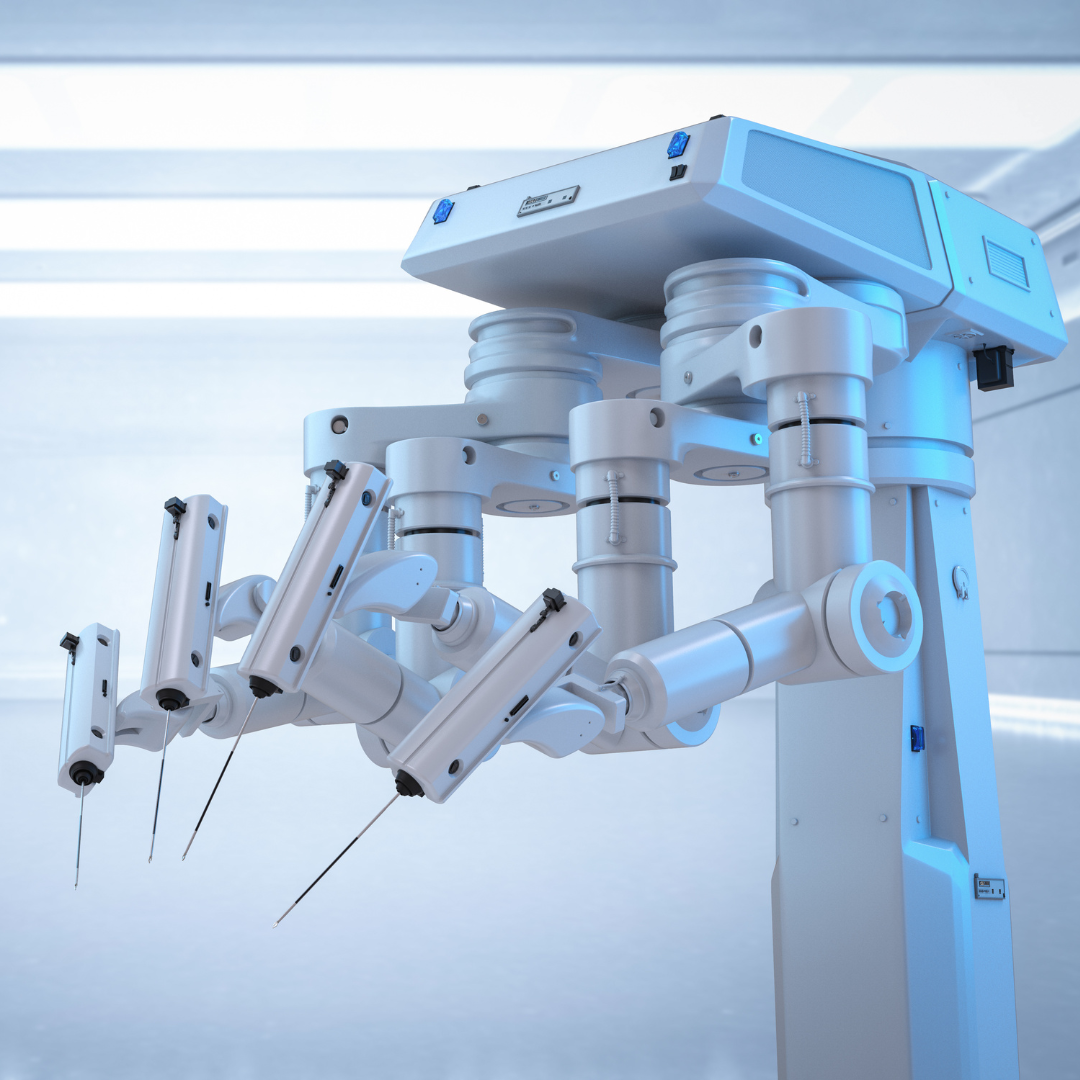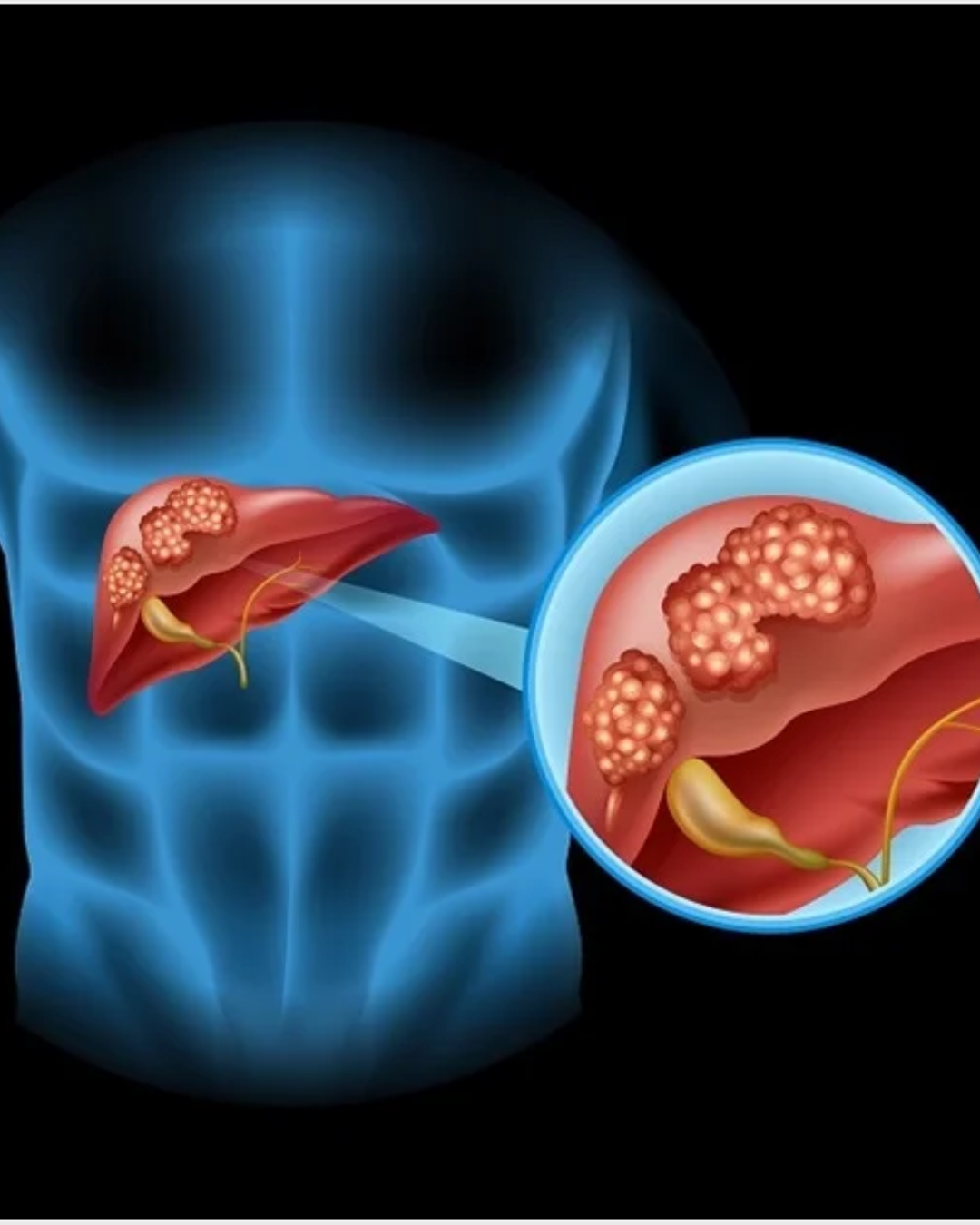Introduction
Mitral Valve Prolapse (MVP) is a condition where the two flaps of the mitral valve in the heart do not close properly, causing the valve to bulge (prolapse) into the left atrium during the heart's contraction. This condition can result in blood leaking backward into the atrium, a condition known as mitral regurgitation. MVP is often mild and may not cause symptoms, but in some cases, it can lead to complications like arrhythmias, chest pain, or fatigue. While most individuals with MVP lead normal lives, treatment may be required for those experiencing symptoms or complications. The condition is typically diagnosed through echocardiography, and management can involve medication, lifestyle changes, or in severe cases, surgery to repair or replace the mitral valve.
Cost Comparison
The cost of mitral valve prolapse treatment varies widely anywhere in the world, depending on the hospital, the stage of cancer, the type of treatment, the number of therapy sessions required, the patient’s overall health condition, post-operative complications and care, etc. The average cost of mitral valve prolapse in India is USD $3500.
But be assured as the cost of Mitral Valve Prolapse in India is just a fraction of developed nations.
- Avg Cost of treatment - $3500
- Maximum cost of treatment - $11000
Factors affecting Cost of treatment
-
Type of Treatment:
-
Medication: Routine monitoring and medication may cost less compared to surgical procedures. Medication cost depends on the frequency and duration.
-
Minimally Invasive Procedures: Procedures like balloon valvuloplasty or catheter-based interventions are generally more expensive than routine medication.
-
Valve Repair/Replacement Surgery: Surgical treatments, particularly valve repair or replacement, carry significantly higher costs due to the complexity of the procedures and the need for specialized equipment.
-
Hospital and Location:
-
Private Hospitals: Hospitals like Fortis, Max Healthcare, and Artemis tend to charge more due to their advanced facilities and expertise. Hospitals in larger cities like Delhi, Mumbai, and Bangalore may have higher fees than those in smaller cities.
-
Tier-1 vs Tier-2 Cities: Treatment in Tier-1 cities (like Delhi, Mumbai) tends to cost more compared to Tier-2 cities (like Pune or Jaipur) due to differences in infrastructure and overheads.
-
Doctor’s Expertise:
-
Highly experienced cardiologists or cardiac surgeons with a high success rate may charge a premium for their services.
-
Severity of the Condition:
-
If MVP is diagnosed with severe regurgitation or other complications, the treatment cost could increase due to the complexity and the need for additional diagnostic tests or more invasive interventions.
-
Type of Surgery (Repair vs. Replacement):
-
Valve repair procedures are generally less expensive than valve replacement surgeries, which may involve high-end prosthetic valves and longer post-operative care.
-
Duration of Hospital Stay:
-
A longer hospital stay, especially in the case of surgery, will naturally increase the total cost of treatment.
-
Medical Equipment and Technology:
-
The use of cutting-edge technology, such as robotic-assisted surgery or advanced diagnostic tools, will add to the cost of treatment.
-
Post-Surgery Care:
-
The need for post-operative care, including physical therapy or long-term medication, may increase the overall treatment cost.
-
Insurance Coverage:
-
Availability and extent of health insurance coverage can affect the out-of-pocket expenses for the patient.
-
Additional Tests:
-
Diagnostic tests such as echocardiograms, MRI, CT scans, and blood work may add to the cost of treatment, especially if conducted frequently to monitor the condition.
These factors contribute to a wide range of costs for MVP treatment, and patients should consider them when evaluating their options for treatment in India.
Treatment options
Treatment options for Mitral Valve Prolapse (MVP) in India vary based on the severity of the condition, symptoms, and the patient's overall health. The treatment plan can include lifestyle changes, medications, and, in more severe cases, surgical interventions. Below are the key treatment options available:
1. Medications:
-
Beta-blockers: These medications are often prescribed to help manage symptoms like palpitations, anxiety, and rapid heart rate by slowing the heart down.
-
Antiarrhythmic Drugs: If arrhythmias (irregular heartbeats) are present, these medications help restore normal rhythm.
-
Blood Thinners: In cases where blood clots are a concern, anticoagulants may be prescribed to reduce the risk of stroke or other complications.
-
Diuretics: These are used to manage fluid buildup in cases where MVP leads to heart failure.
2. Minimally Invasive Procedures:
-
Balloon Valvuloplasty: This procedure is used if there is mitral valve stenosis (narrowing). A balloon catheter is inserted through a blood vessel and inflated to widen the valve opening.
-
Catheter-Based Treatment for Arrhythmias: If MVP causes arrhythmias, catheter ablation may be performed to correct the abnormal electrical signals in the heart.
4. Surgical Interventions:
-
Mitral Valve Repair: When the mitral valve is severely damaged, surgery to repair the valve may be required. The repair can involve techniques like reshaping the valve, removing excess tissue, or tightening the valve.
-
Mitral Valve Replacement: In more severe cases where the valve cannot be repaired, it may need to be replaced with a mechanical or biological valve. This requires open-heart surgery, and the patient may need lifelong anticoagulation therapy to prevent blood clots.
-
Robotic Surgery: Some advanced hospitals in India offer minimally invasive robotic-assisted surgery for valve repair or replacement, which reduces recovery time and complications.
3. Heart Transplant (in rare cases):
-
In cases where MVP leads to severe heart failure and other treatments do not provide relief, heart transplantation may be considered. However, this is rare and typically only considered after all other options have been exhausted.
How Medotil Global Assists International Patients
Medical Visa Assistance
- Guides patients through the process of obtaining a medical visa for India.
- Provides necessary documentation support, such as invitation letters from hospitals.
Accommodation Arrangements
- Helps secure comfortable and affordable lodging near treatment centers.
- Offers a range of options, including guest houses, hotels, or serviced apartments.
Food Services
- Assists in arranging dietary preferences, including international cuisines and special diets for medical needs.
Transportation Support
- Provides airport pickup and drop-off services.
- Offers reliable transportation for hospital visits and local travel.
Hospital and Doctor Selection
- Recommends top hospitals and connects patients with experienced specialists in their specific condition.
- Ensures access to advanced medical treatments and technology.
Tourism Services
- rganizes visits to famous tourist attractions like the Taj Mahal, Jaipur, Kerala, and other cultural landmarks.
- Tailors travel plans based on patient preferences and recovery needs.
24/7 Support
- Provides round-the-clock assistance for any queries or emergencies during the stay in India.


